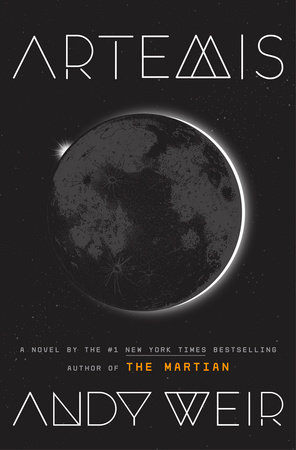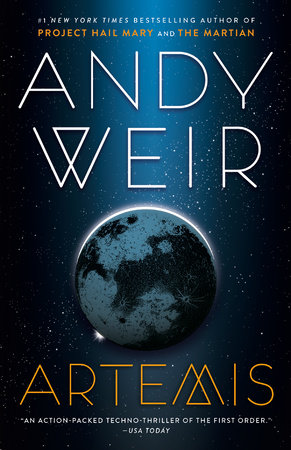NEW YORK TIMES BESTSELLER • From the renowned author of Project Hail Mary and The Martian comes a “propulsive” (NPR) tale of science, suspense, and humor—a heist story set on the moon.
“An action-packed techno-thriller of the first order.”—USA Today
Jasmine Bashara never signed up to be a hero. She just wanted to get rich.
Not crazy, eccentric-billionaire rich, like many of the visitors to her hometown of Artemis, humanity’s first and only lunar colony. Just rich enough to move out of her coffin-sized apartment and eat something better than flavored algae. Rich enough to pay off a debt she’s owed for a long time.
So when a chance at a huge score finally comes her way, Jazz can’t say no. But engineering the perfect crime is just the start of her problems—because her little heist is about to land her in the middle of a conspiracy for control of Artemis herself.
Trapped between competing forces, pursued by a killer and the law alike, she’ll have to hatch a truly spectacular scheme to have a chance at staying alive and saving her city.
Jazz is no hero, but she is a very good criminal.
That’ll have to do.
“An action-packed techno-thriller of the first order.”—USA Today
Jasmine Bashara never signed up to be a hero. She just wanted to get rich.
Not crazy, eccentric-billionaire rich, like many of the visitors to her hometown of Artemis, humanity’s first and only lunar colony. Just rich enough to move out of her coffin-sized apartment and eat something better than flavored algae. Rich enough to pay off a debt she’s owed for a long time.
So when a chance at a huge score finally comes her way, Jazz can’t say no. But engineering the perfect crime is just the start of her problems—because her little heist is about to land her in the middle of a conspiracy for control of Artemis herself.
Trapped between competing forces, pursued by a killer and the law alike, she’ll have to hatch a truly spectacular scheme to have a chance at staying alive and saving her city.
Jazz is no hero, but she is a very good criminal.
That’ll have to do.
Author
Andy Weir
Andy Weir built a two-decade career as a software engineer until the success of his first published novel, The Martian, allowed him to live out his dream of writing full-time. He is a lifelong space nerd and a devoted hobbyist of such subjects as relativistic physics, orbital mechanics, and the history of manned spaceflight. He also mixes a mean cocktail. He lives in California.
Learn More about Andy WeirVideo & Media
You May Also Like
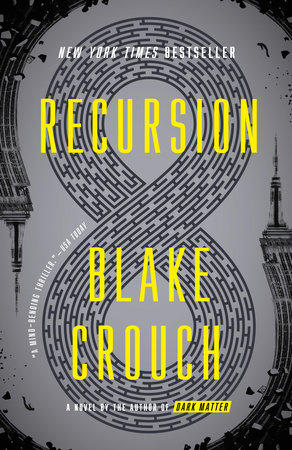
Recursion
Paperback
$20.00
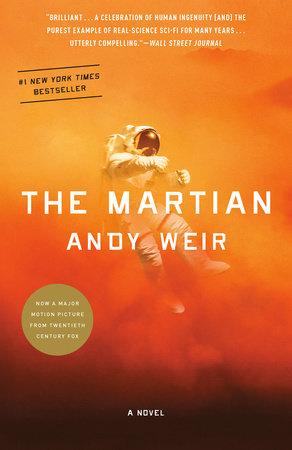
The Martian
Paperback
$19.00
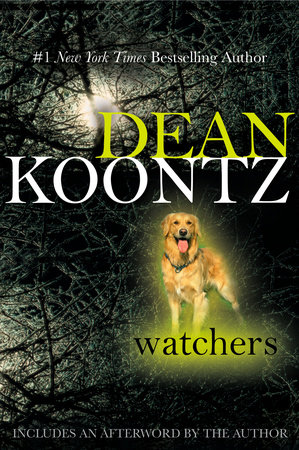
Watchers
Paperback
$17.00
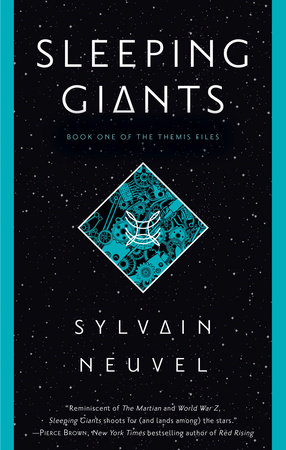
Sleeping Giants
Paperback
$18.00

Oryx and Crake
Paperback
$19.00
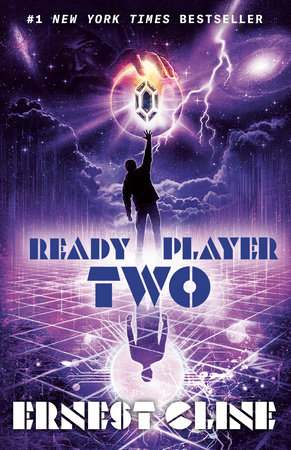
Ready Player Two
Paperback
$17.00

Ready Player One
Paperback
$20.00

Upgrade
Paperback
$18.00
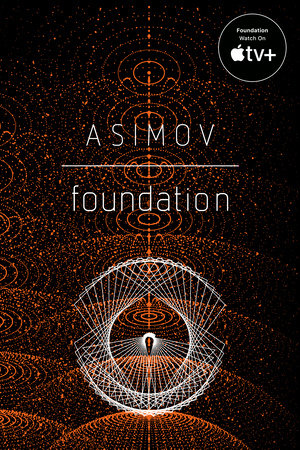
Foundation
Paperback
$18.00
×






